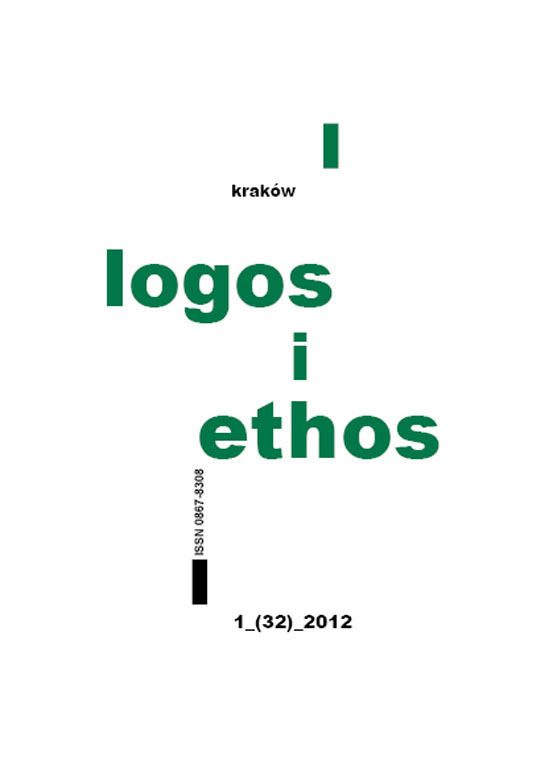O teorii kulturowego doboru grupowego na przykładzie analizy rozwoju chrześcijaństwa w cesarstwie rzymskim
DOI:
https://doi.org/10.15633/lie.199Abstrakt
The goal of the paper is to evaluate a theory of cultural group selection, i.e. a theory which purports to explain an evolution of cultural artefacts (e.g. religious beliefs or ethical ideas). In order to realize this aim, the concept of the explanatory power of a theory T is introduced in the paper. The concept allows for two parameters: the extent of a theory, i.e., a quantity of phenomena explained by this theory, and a quantity of alternative theories explaining in an at least prima facie plausible way phenomena that belong to the extent of theory T. The argumentation pursued in the paper is supposed to justify three main claims: that the extent of the theory cultural group selection is not universal (because it does not embrace, e.g., scientific ideas); that there are other theories which explain plausibly the evolution of cultural artefacts; and that the two first claims do not undermine the value of the theory of cultural group selection. The last part of the paper is connected with the third claim: it is a case-study of the spread of Christianity in the Roman Empire; the study is based on the theory of cultural group selection and is to serve as an exemplification of a more general thesis which says that it is the competition of religious beliefs that can be especially fruitfully modeled by means of the theory of cultural group selection.Pobrania
Opublikowane
2012-09-15
Numer
Dział
Artykuły
Licencja
Prawa autorskie (c) 2012 Wojciech Załuski

Utwór dostępny jest na licencji Creative Commons Uznanie autorstwa 4.0 Międzynarodowe.
Autorzy publikujący w czasopiśmie udzielają jego wydawcy zgody o następującej treści:
- Autor zachowuje autorskie prawa majątkowe do utworu, a jednocześnie udziela wydawcy czasopisma zgody na jego pierwszą publikację w wersji drukowanej i wersji online na licencji Creative Commons Uznanie autorstwa 4.0 Międzynarodowe oraz zgody na wykonywanie opracowań, w tym przekładów.
- Autor ma możliwość udzielania zgody niewyłącznej na opublikowanie utworu w wersji, która ukazała się w czasopiśmie (np. zamieszczenia go w repozytorium instytucjonalnym lub opublikowania w książce), wraz z informacją o jego pierwszej publikacji w czasopiśmie.
- Autor może umieścić swój utwór online (np. w repozytorium instytucjonalnym lub na swojej stronie internetowej) jeszcze przed zgłoszeniem utworu do czasopisma.

